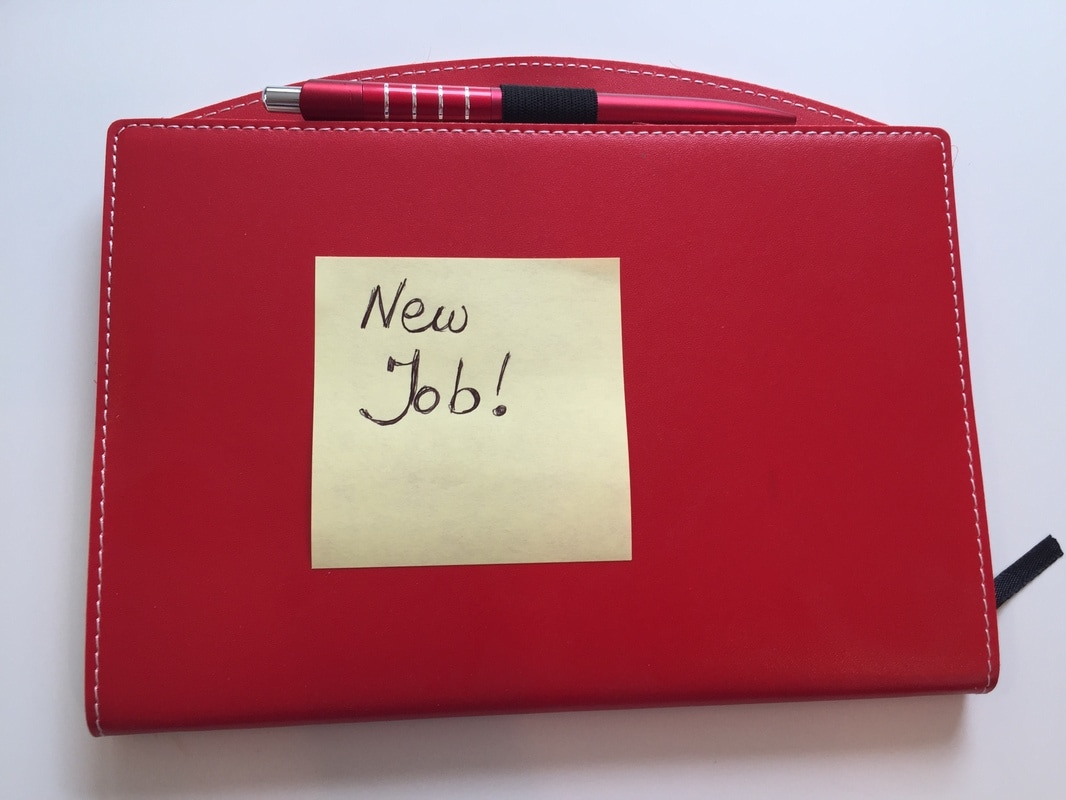
It’s true, a successful search is difficult without answering the bigger questions, perfecting your job search materials, or building a responsive network.
Yet, what separates those that succeed from those who don’t frequently comes down not to these elements but the idea that lies in between – the consistency with which you approach executing your plans.
Consistent action is defined by regularity and commitment. Its bedrock is the understanding that even when your most well laid out plans go up in flames, you keep going. When you make the choice to be consistent, you make a pact with yourself to take committed action regardless of how you feel on a given day.
It may be easy to commit when you feel hopeful and optimistic. You probably won’t have much trouble motivating yourself at the beginning stages of the job search. You’ll know what you have to do. Updating your resume and on-line presence must come before any outreach and usually is a step that can be completed independently. Reaching out to people you know for informational interviews is a low-risk proposition and relatively straightforward. You’ll meet for coffee to gather intel on your company of choice. You’ll mine for additional networking contacts.
You’ll feel that you are making progress.
But inevitably you’ll hit a bump. Perhaps your outreach to your extended network goes unanswered, or worse yet, you’ll go through rounds of interviews only to get passed over.
You’ll have a bad day. Maybe a series of bad days. No big deal, you’ve been through worse, you’ll tell yourself.
But then another “no” is in your in-box. Slowly, you start to lose motivation. Your resolve to keep going begins to waver. Before long, a few weeks go by and the job search is officially on hold.
*Pause*
But, wait, this isn’t how you intended it to play out.
And no, the story doesn’t have to play out that way.
After all, remember, you’ve made a commitment to yourself at the start -- to stay consistent and keep going no matter what.
So, you shake the negative stuff off.
You tell yourself that even if you need to take some time to recover, your best shot at success is to continue the outreach as soon as practically possible.
You have a plan and a schedule that you’ve been following all along. A daily commitment -- to research companies and e-mail prospective contacts for x number of hours. A weekly goal – to attend 2-3 networking events and target 7-8 new contacts per week. And yes, your other projects need your regular attention – a personal portfolio, a website, or another on-line tool to showcase your professional attributes.
You consistently maintain the pace towards these goals despite the setbacks and despite other life challenges that always tend to creep in the way. You follow through in a dedicated way and keep yourself accountable by setting concrete deadlines and making your commitments public. You enlist trusted friends, a mentor or a coach to help you stay accountable as well.
Your intentions and your actions are aligned.
You keep taking steps forward. You are slow and steady. It’s not a race, but I think we all know how that story ends.














 RSS Feed
RSS Feed